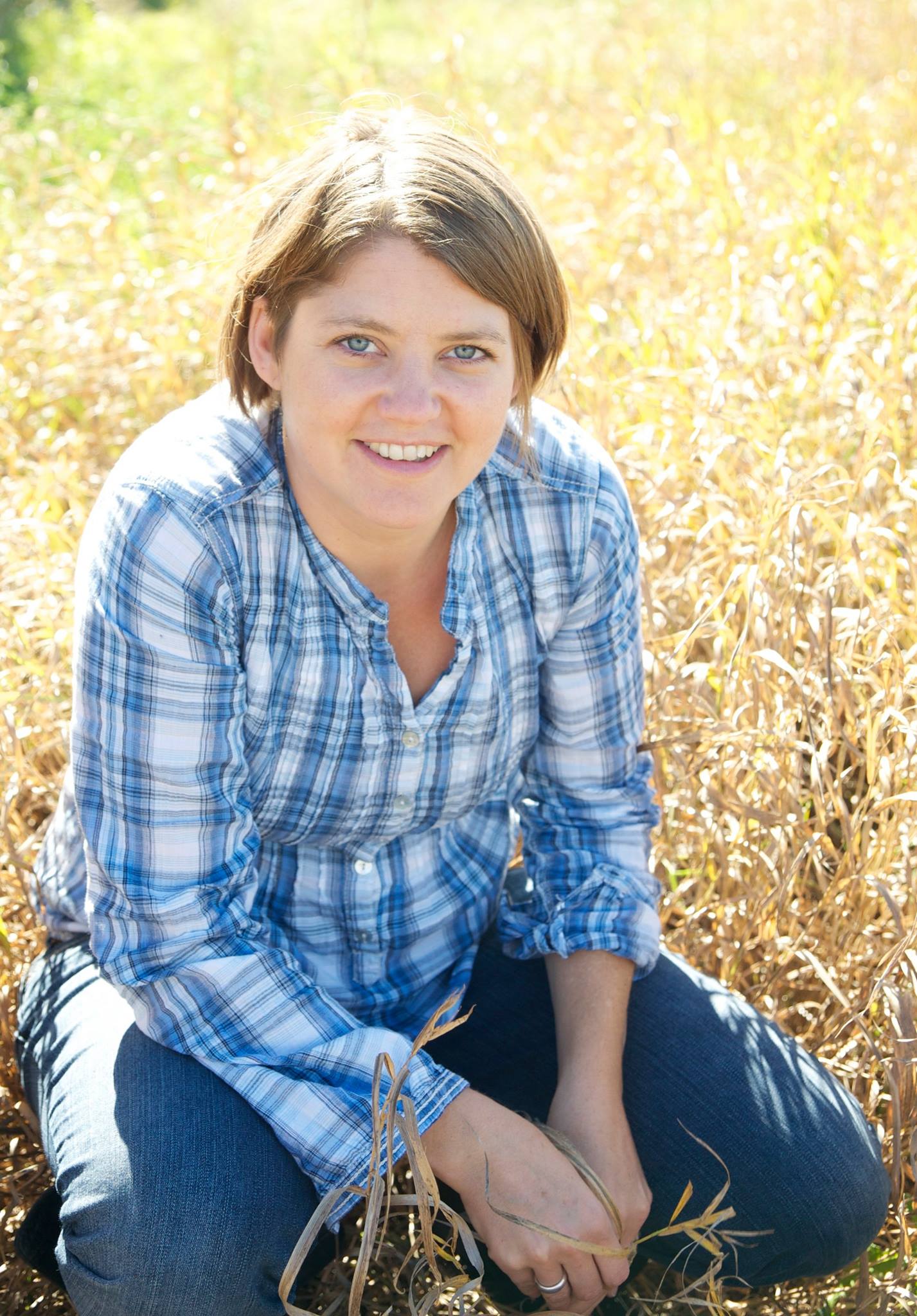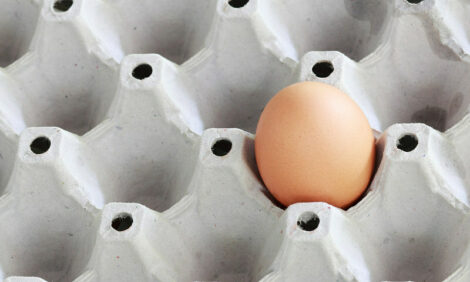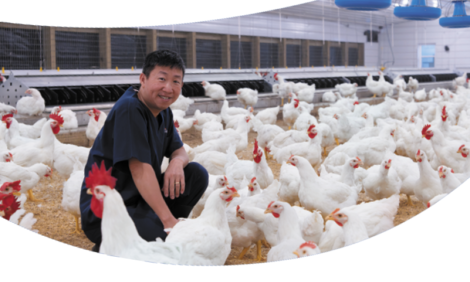



IEC 2024: In Ovo’s Ella serves Belgian, Dutch markets
Global Sales Director Martin Enderink hopes EU-wide legislation will level the playing fieldMartin Enderink, Global Sales Director at In Ovo, spoke with The Poultry Site’s Melanie Epp at the International Egg Commission Business Conference in Edinburgh, Scotland. In this short interview, Enderink provides an overview of In Ovo’s sexing technology, Ella, and discusses the need for EU-wide legislation to ban the practice of male chick culling.
Founded in 2013, In Ovo has been working towards a product to help in its mission to end male chick culling for over a decade. Ella is a fully automated, in-line solution that extracts tiny samples from eggs at high speed.
The company has identified a unique biomarker that can distinguish male from female embryos inside the egg at an early stage of development. Using a mass spectrometer, samples are analysed for the biomarker in a second. This is done at stage of development where embryos cannot perceive pain, Enderink said, adding that this means it addresses both ethical and welfare concerns.
“From the ninth day of incubation, we can determine whether the embryo developing in the egg is male or female,” Enderink explained.
Ella was introduced to the market in 2020. It is currently in use in hatcheries in Belgium and The Netherlands. The technology works with both brown and white layer breeds. In The Netherlands, the technology is mostly used to serve the German market, where there is demand for day-old chicks, reared hens or consumption eggs.
“In Germany there is legislation, a ban on culling chicks,” Enderink explained. “Thus, we are providing them with the most wanted type of product.”
Enderink noted that there are several other players operating in the same market.
“We are in the field with several competitors that are offering similar type of technology,” he said. “They're all different in a way. The way they sample, or the way they execute analysis is different.”
“Those technologies are developing very fast,” he added.
Ella is one of the few in-ovo sexing technologies on the market that can determine embryo sex in the very early stages of development.
“From an ethical of view, if you look at the development of an embryo in an egg, I think earlier, the better,” he said. “All of us are finding a place.”
Enderink is more concerned about ending a practice that he deems ‘unethical’ than about the competition.
“I think most important is that we are all on a mission to end [the] culling of male chicks,” he said. “Even when a competitor finds a place in a hatchery, we would still be happy with the progress on ending male chick culling.
He does wish, however, that the movement to end male chick culling was being driven by consumers and retailers as well.
“We would also like to see markets where there's another driver – where consumers or food retailers take the initiative and say, from an ethical point of view, ‘let's stop culling all these males’,” Enderink said.
Currently, hatcheries in The Netherlands still cull some 45 million male chicks each year. Across Europe, that number reaches 330 million in Europe. Globally, some 6.5 billion male chicks are culled annually.
“We have to technology in house to make an end to it,” said Enderink. “I think food retailers would actually be the driver to say we take the right way and we stop this practice.”
Dutch legislators are currently discussing a ban on male chick culling as well. They are expected to assess technological developments this year to see which ones should be recommended for use going forward.
“It might be implemented in 2026 or somewhere between 2026 and 2028,” Enderink said, referring to Dutch legislation to ban male chick culling.
“We hope and we're actually asking the EU Commission to work on EU-wide legislation so we have a level playing field for all the countries, otherwise you get imports and exports that are just distorting numbers,” he concluded. “We would hope that before The Netherlands, the EU will take action to implement the correct legislation.”









